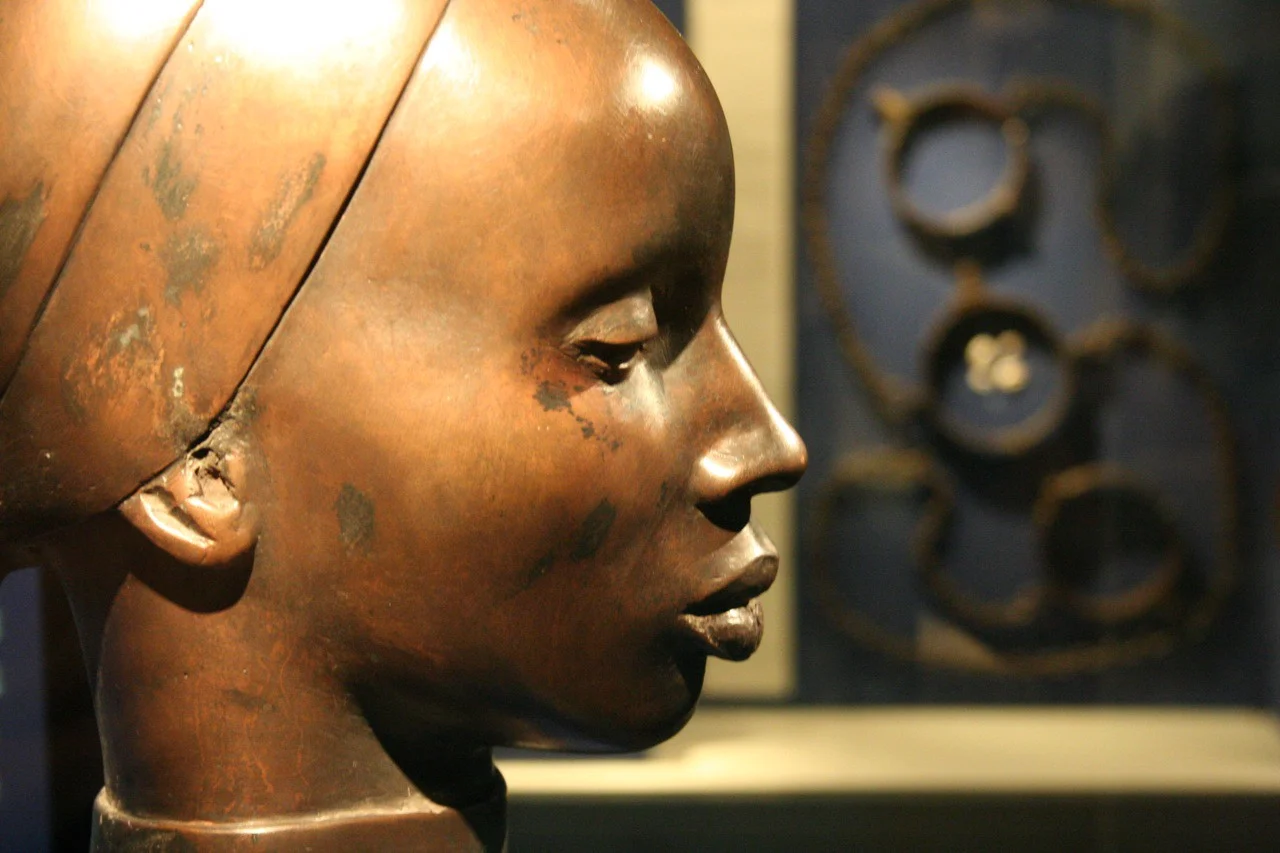Assessing Multiracial Ethnic Identity Status and Mental Health in Hawaiʻi
University of Hawai’i at Manoa
April 2019
104 pages
David A. Stupplebeen
A DISSERTATION SUBMITTED TO THE GRADUATE DIVISION OF THE UNIVERSITY OF HAWAIʻI AT MĀNOA IN PARTIAL FULFILLMENT OF THE REQUIREMENTS FOR THE DEGREE OF DOCTOR OF PHILOSOPHY IN PUBLIC HEALTH
The multiracial population, or people who identify as two or more races, is one of the fastest growing segments of the population nationally, and about one-quarter of people in Hawai‘i are multiracial. How multiracial people identify racially or ethnically has been explored by researchers for nearly 100 years. Many theories developed during this time suggest that multiracial people develop an identity in a linear fashion, though others contend that ethnic and racial identity is situational and in reaction to a number different factors, ranging from individual-level factors like skin color to policy-level factors related to data collection. In addition, ethnic and racial identity have a demonstrated relationship with self-esteem and mental health outcomes. However, much of this research has been conducted on the continental United States. The purpose of this dissertation was to examine the relationship between ethnic and racial identity and mental health across the lifespan in Hawaiʻi.
Study 1: In the first study, the psychometric properties of the Multiracial-Heritage Awareness and Personal Affiliation scale (M-HAPA), which measures identity status, was tested with a cohort of multiracial Hawaiʻi-based adolescents. After iterative exploratory factor analyses and confirmatory factor analysis, this study found that the cohort endorsed five different identity statuses.
Study 2: The second study examined the relationship between identity status, self-esteem, and depression via structural equation modeling. This study found a highly significant relationship between identity status, self-esteem and depression, and that identity status and self-esteem mediated one another.
Study 3: A qualitative study that employed a timeline method examined the relationship between ecological factors that affect identity status and mental health across time in a sample of multi-racial adults in Hawai‘i. Thematic results from this study reflected the racism and health model and common factors across the lifespan that affect identity and mental health. Taken together, these three studies demonstrate the relationship between ethnic identity and mental health for multiracial individuals across the life course in Hawaiʻi. Implications for public health practice, educators, and mental health practitioners include considerations for multiracial identity status in culturally grounded interventions, shifting practice to include cultural humility, and supporting multiracial individuals in their identity development through increased practitioner awareness of multiracial identity issues.
Read the entire dissertation here.





